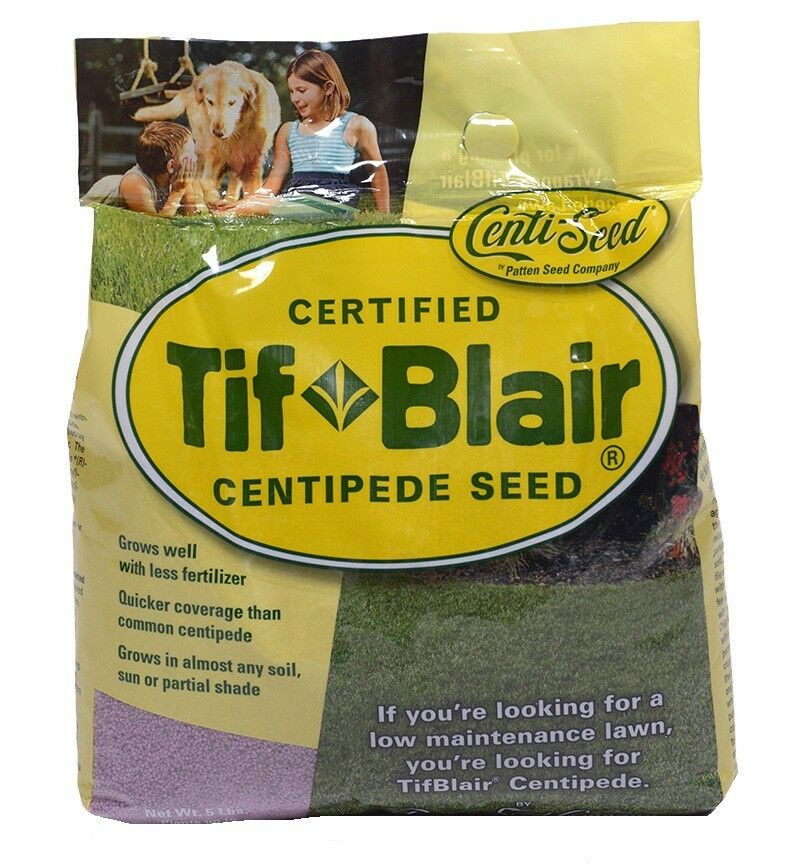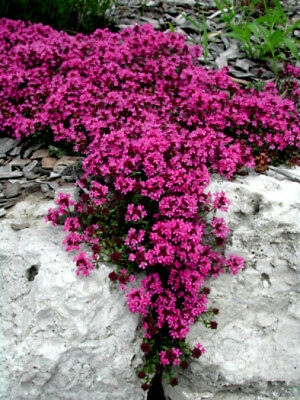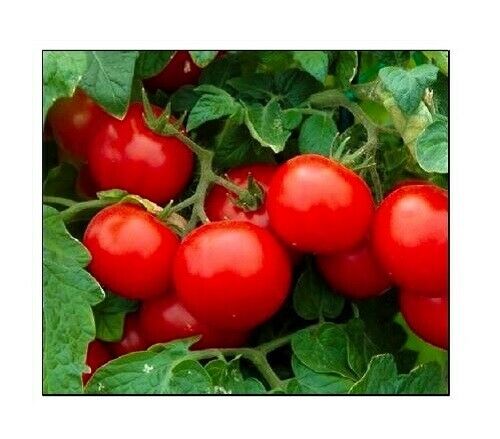-40%
Zinnia elegans DAHLIA Flowered Mix Butterflies LOVE Heirloom Non-GMO 100 Seeds
$ 1.57
- Description
- Size Guide
Description
DAHLIA FLOWERED Zinnia Elegans Heirloom Mix100 Seeds
100% Seed – No Filler – Non-GMO
PRODUCT INFORMATION
Dahlia Flowered Zinnia Seed Mix -Zinnia elegans
Annual; Grows up to 30 Inches
Easy to grow; Summer blooming
Prefers full sun exposure
This is a real Heirloom Zinnia! Developed in 1919, the Zinnia Dahlia Flowered produces stems about 40 inches tall with fully double flowers about 4 to 5 inches in diameter.
The Dahlia Flowered Zinnia has petals more tightly packed and bend downward slightly on the ends like an actual "Dahlia" flower!
Easy to grow, Zinnias look wonderful when planted "en masse".
Plant Zinnia Dahlia Flowered flower seeds in full sun, beds and borders for a bright and colorful garden.
Combine with other mixes like California Giants, Pumila - Cut & Come Again, Cactus, Purple Prince, Fruity Beauty, Under the Sea, Over The Border and more! Check our eBay store under Zinnias!
FAST FACTS
Name: Zinnia - Dahlia Flowered Mix
Botanical Name: Zinnia elegans Dahlia Flowered
Life Cycle: Annual
Color: Mixed
Bloom Season: Summer
Height: Up to 36 Inches
Light Requirement: Full Sun
Sowing Method: Direct Sow/Indoor Sow
Hardiness Zones: All
Ships: Year Around
HOW TO PLANT, GROW, AND CARE FOR ZINNIA FLOWERS
Zinnias are one of the easiest flowers to grow, as they grow quickly and bloom heavily. Zinnia flowers can create a massive burst of color in your garden, so consider trying them this year!
Zinnias are annuals, so they’ll grow for one season and produce seeds, but the original plant will not come back in subsequent years. They have bright, solitary, daisy-like flowerheads on a single, erect stem, which makes them great for use as a cutting flower or as food for butterflies.
TYPES OF ZINNIAS
The most popular zinnia species is Zinnia elegans, which has been bred to produce a great number of unique varieties.
Check our eBay Store for other types of Zinnias.
There are three main kinds of zinnia flowers: single, semidouble, or double.
The distinction between these forms comes from the number of rows of petals and whether or not the center of the flower is visible:
Single-flowered zinnias have a single row of petals and a visible center.
Double-flowered zinnias have numerous rows of petals and their centers are not visible.
Semi-double-flowered zinnias are somewhere in-between, with numerous rows of petals but visible centers.
In addition to these forms, zinnia flowers come in a number of shapes, including “beehive,” “button,” and “cactus.”
The plants themselves also come in different heights: taller varieties are best for the background of a garden bed, while shorter varieties work well along a border. There’s really a zinnia for every garden!
Plant zinnias in an annual or mixed border garden. Smaller zinnias are suitable for edging, window boxes, or other containers.
WHEN TO PLANT ZINNIAS
It’s recommended that you grow zinnia from seed right in the garden bed, as they do not like to be transplanted and do not often thrive.
From seed, they will grow very quickly in the right conditions.
Note: Zinnias can be started from seed indoors if you prefer—just transplant them while they’re young and do so carefully.
Zinnias are sensitive to frost, so do not seed until the last frost has passed. See your local frost dates.
Zinnias will grow in a minimum daytime temperature of about 60°F (16°C), though a range of 74–84°F (23–28°C) is preferred.
Sow a round of seeds every week or so for several weeks to extend the flowering period.
CHOOSING AND PREPARING A PLANTING SITE
Choosing a location that gets full sun is essential.
Good air circulation will help to prevent foliar diseases such as powdery mildew later in the season.
Zinnias are adaptable to most soil conditions, but the ideal soil will be rich in organic matter and well-drained.
Soil pH should be between 5.5 and 7.5.
If soil is amended with compost, the flowers will grow more quickly. Learn more about soil amendments and preparing soil for planting.
HOW TO PLANT ZINNIAS
Space plants 4 to 24 inches apart, depending on variety. (Many common varieties are planted 6 inches apart within the row and 2 feet in between rows.)
Sow zinnia seeds only about ¼-inch deep.
You’ll see zinnia seedlings in only 4 to 7 days for most varieties, though it will be anywhere from several weeks to a couple months before blooms appear (depending on planting site and climate).
When seedlings reach three inches tall, thin them so that they’re 6 to 18 inches apart to maximize air circulation. This reduces the chance of powdery mildew developing.
HOW TO CARE FOR ZINNIAS
Maintain moderate soil moisture and fertilize lightly to maximize growth and blooms.
After zinnias flower, cut off the old flowers (a process called “deadheading”) to encourage more flowers to form.
Zinnias are annuals and will die with the first hard frost of fall. If you want them to reseed, let the last flowers of the season mature fully and scatter their seeds
SEED STORING
Store your seeds in a cool, dry and dark location.
Most seeds have a long shelf life, years even, but heat and moisture will cut that life short.
Dedicate a drawer or cabinet to storing your seeds where you can also house your gardening journal close at hand for dreaming, planning and preparing.
CUSTOMER SERVICE
Upon receipt of your package or box, be sure to open immediately and check the contents. We always add extra seed in case any get damaged in shipping so feel free to count them
😊
The products you have just received are perishable and care should be taken to ensure their future viability.
Your success and happiness is our success and happiness!
We have the friendliest and fastest customer service you've ever seen so don't hesitate to contact us!
FAST & FREE!
Free shipping!
Your seeds will ship the day after payment via USPS First Class mail!
30 day returns, please contact us if needed!













